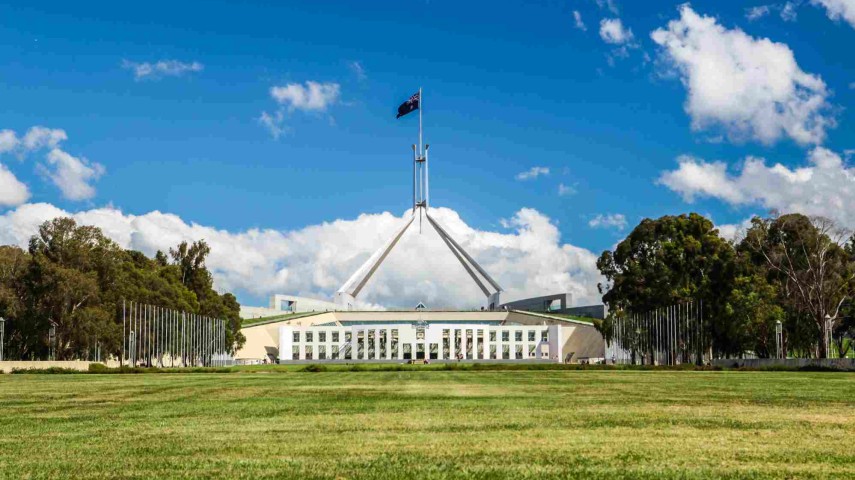Super funds left wanting by 2023–24 budget


Tighter restrictions on multimillion-dollar super balances and a multifaceted crackdown on unpaid super were among industry recommendations ignored by the federal government in its latest budget.
Treasurer Jim Chalmers delivered the Albanese government’s second budget last Tuesday (9 May), which included a number of key reforms to the superannuation system.
This included plans to double the concessional tax rate for super balances exceeding $3 million, from 15 per cent to 30 per cent from 1 July 2025.
The government also proposed “payday super” — a reform requiring employers to pay super on the same day as salaries or wages from 1 July 2026.
But there were also notable absences in the government’s budget, with many of the industry’s recommendations from pre-budget submission overlooked.
The Association of Superannuation Funds of Australia (ASFA) issued a total of nine recommendations in its pre-budget submission, with just one actioned by the government.
The government heeded ASFA’s first recommendation — requiring employers to make superannuation contributions on the same day as wages (i.e., payday super).
However, ASFA had called for the arrangement to commence on 1 July 2023 — three years ahead of the government’s timeline.
The government crackdown on unpaid super also ignored a recommendation to provide the Australian Taxation Office (ATO) with the power to require non-compliant employers to remit all future super contributions on behalf of employees “more frequently” (i.e., fortnightly).
ASFA also called for greater disclosure of non-compliance, including requiring communication of previous non-compliance to new employees.
“This would be in addition to the [superannuation guarantee] charge and other existing penalties that may apply,” ASFA noted in its pre-budget submission, recently published by Treasury.
The ATO would also be permitted to alert employees of non-payment through its data matching and contribution identification capability.
Notably, ASFA recommended broadening the definition of “employment entitlements” in the Fair Entitlements Guarantee to include unpaid super.
Super tax reform didn’t go far enough
Changes to the concessional tax rate for super balances exceeding $3 million also fell short of industry expectations.
In its submission, ASFA called for an expansion of Division 293 — an additional tax on super contributions, which reduces the tax concession for individuals whose combined income and contributions exceed $250,000.
ASFA said the rule should apply to individuals with taxable income plus superannuation contributions equalling the threshold for the top marginal personal tax rate plus $20,000 — this is approximately $200,000 in 2023–24.
In addition, members over the age of 65 with a total superannuation balance in excess of $5 million, “whether in accumulation, pension phase or a combination”, should be required to withdraw the excess out of superannuation.
Otherwise, ASFA recommended such members pay tax at the top personal income tax rate on the investment returns attributable to the amount of the superannuation balance over $5 million.
“While the current caps on superannuation contributions limit the ability for members to build up excessive balances in the future there is a real question regarding the appropriate treatment of high balances that were achieved in the context of more generous contribution caps in the past,” ASFA noted in its submission.
“… A balance of $5 million in concessionally taxed superannuation cannot reasonably be justified as necessary to support a comfortable lifestyle in retirement.”
According to ASFA, introducing a $5 million cap on the amount that an individual could hold in concessionally taxed superannuation could generate $1.5 billion in additional revenue each year.
Other unneeded recommendations include a proposal to require contributions be made to all paid parental leave payments (recommendation 3).
According to ASFA, this would help close the super balance gap between men and women.
“The median superannuation balance in June 2020 for those aged 60 to 64 was around $181,000 for males and $139,000 for females, which equates to a retirement savings gap between women and men of 23.1 per cent,” ASFA observed.
“While this figure is down on the equivalent figure for five years earlier, it is still very substantial.
“… It is for these reasons that ASFA is proposing that superannuation contributions could be paid in regard to paid parental leave.”
According to ASFA, requiring super contributions to be paid on parental leave payments would cost the government $200 million a year and would involve additional payments from employers of around $30 million a year.
Recommended for you
Amid a challenging market environment, three super fund CIOs have warned against ‘jumping at shadows’.
The professional body is calling for the annual performance test to transition to a two-metric test, so it better aligns with the overarching duty of super fund trustees to act in the best financial interests of their members.
AustralianSuper, Rest, and HESTA agree on the need to retain and enhance the test, yet they differ in their perspectives on the specific areas that warrant further refinement.
Australia’s second-largest super fund has confirmed it is expanding its presence in the UK following significant investment in the region.













Add new comment